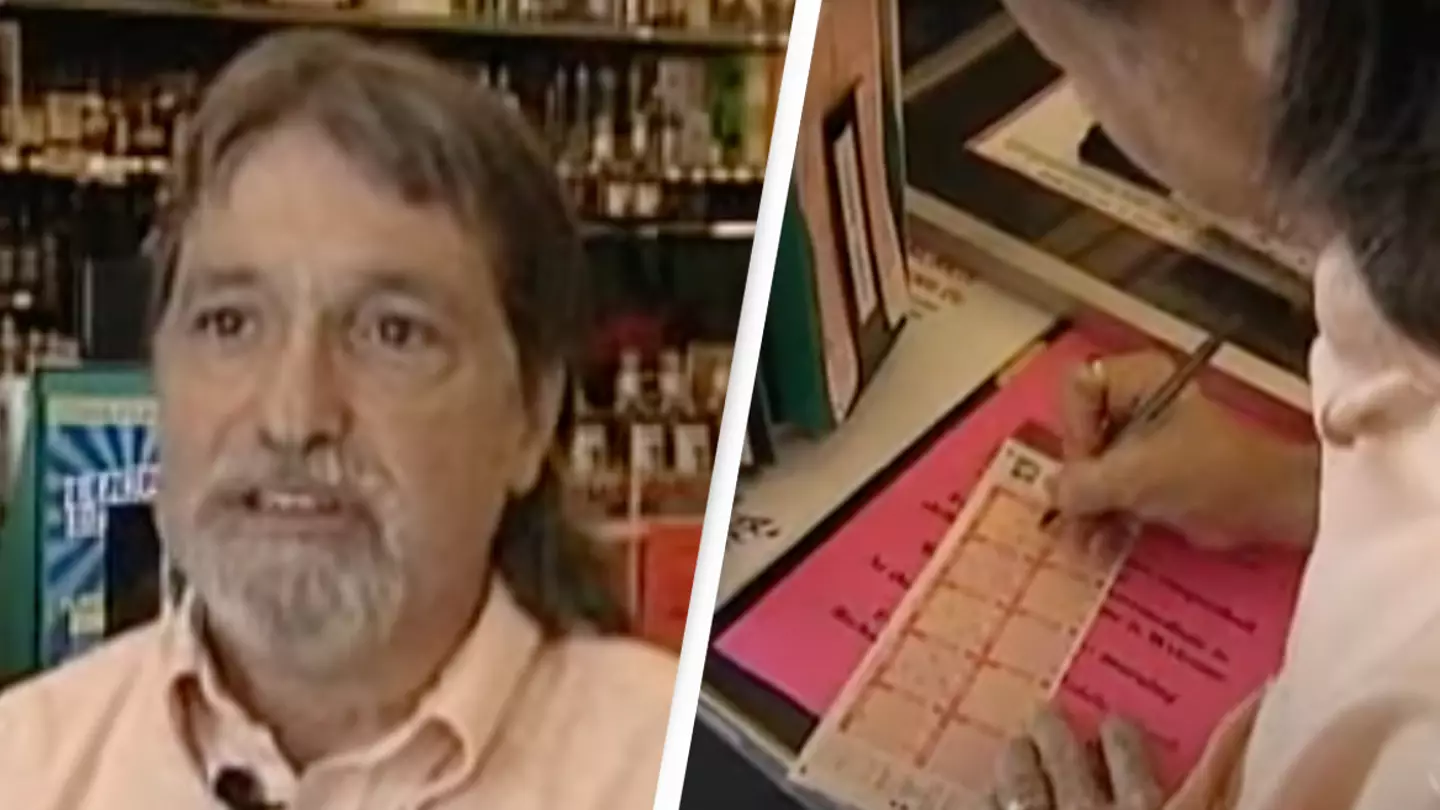
Man who won lottery seven times had a specific strategy he always stuck to
Richard Lustig scooped some big prizes
 Claire Reid
Claire Reid

Claire is a journalist at UNILAD who, after dossing around for a few years, went to Liverpool John Moores University. She graduated with a degree in Journalism and a whole load of debt. When not writing words in exchange for money she is usually at home watching serial killer documentaries surrounded by cats.